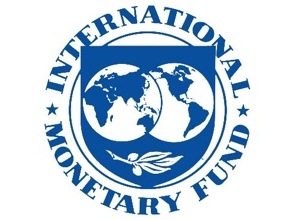IMF Report Means Doom for EU Austerity Role
October 9, 2012 by Douglas A. McIntyre
While nations like the United States, Canada and Japan will barely cling to growth this year and next, according to the IMF report, the GDP of Spain will drop 1.5% in 2012 and 1.3% in 2013. In some ways, the figures for Italy are even worse. The IMF forecast is for GDP contraction to be 2.3% there this year and 0.7% in 2013.
The numbers for Europe’s countries could be worse, as the IMF explains. It has hedged its opinion on Europe’s near-term growth prospects. Should policymakers in the region fail to act to reverse the economic slide and do more to aid the region’s weakest economies, the recession will deepen. Even if some rescue actions are taken:
serious risks remain outside this safety net — posed, for example, by rising social tensions and adjustment fatigue that raise doubts about adjustment in the periphery or by doubts about the commitment of others to more integration.
Or, alternatively, the financial problems of Europe could improve, under very specific circumstances:
Policymakers need to build political support for the necessary pooling of sovereignty that a more complete currency union entails. It envisages that they quickly introduce a road map for banking union and fiscal integration and deliver a major down payment.
The chances that the “road map” will be created seem unlikely today.
Spain, in particular, along with Greece, is furiously attempting to find way to cut federal costs and raise taxes. The government already has said its budget balancing plans will not be adequate until 2013. In a country with dropping GDP, a fragile banking system and 25% unemployment, buying a year of time is not likely to be enough. And, as the IMF report warns, “rising social tensions” are a wild card, but one that already has been played by powerful unions.
The IMF report shows, based on its forecasts for Europe’s weakest nations, that austerity has its limits and they are severe.
Douglas A. McIntyre
Essential Tips for Investing: Sponsored
A financial advisor can help you understand the advantages and disadvantages of investment properties. Finding a qualified financial advisor doesn’t have to be hard. SmartAsset’s free tool matches you with up to three financial advisors who serve your area, and you can interview your advisor matches at no cost to decide which one is right for you. If you’re ready to find an advisor who can help you achieve your financial goals, get started now.
Investing in real estate can diversify your portfolio. But expanding your horizons may add additional costs. If you’re an investor looking to minimize expenses, consider checking out online brokerages. They often offer low investment fees, helping you maximize your profit.